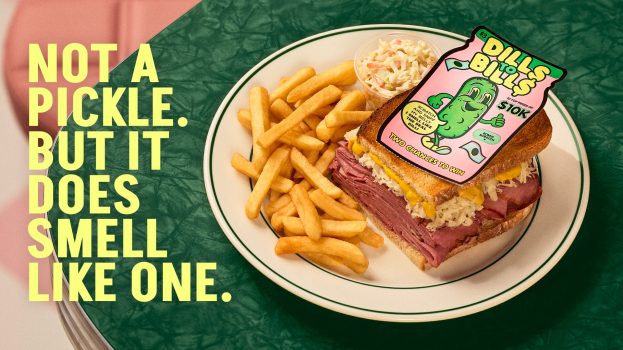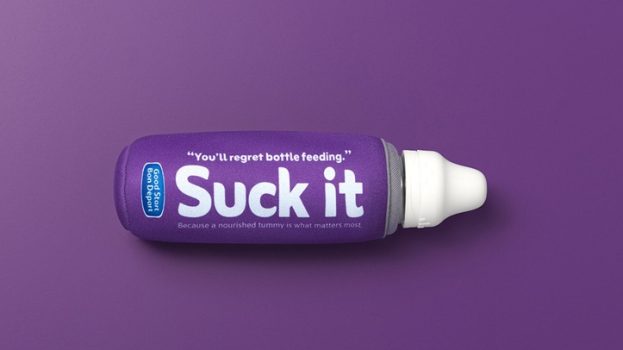Grocery banners of all stripes have been making overtures toward supporting local brands and suppliers.
Loblaw is no exception, and its partnership with broker and distributor Grey Jay has resulted in “Ontario Made,” an effort to bring local brands to consumers across the province.
The program, featuring 15 brands, is rolling out to over 150 grocery Loblaw banner stores including Zehrs, Your Independent Grocer and Valu-mart, after a successful test run across three locations of each last fall.
In-store panels and promotional displays include a shopper rack calling out “Ontario” with Ontario Made logos for side panels and headers.
According to Jordan Ender, Grey Jay’s VP of Operations, it’s about connecting the consumer and producer, with pictures of the latter to “to see who’s behind the brand.” Consumers can also read a bit about each company on the displays, which makes it that much more enticing to trial, he says.
“It’s also giving opportunity to small, and in some cases even startup, companies to get onto the shelf,” Ender says.
With Loblaw, Grey Jay developed three test pilot stores, set up in three different locales under three different banners, and analyzed the rack program based on customer feedback.
It worked together as a team with Loblaw, picking items unique to each category, with a focus on a broader, more cohesive idea of what it means to be an “Ontario brand” than a grocer that might simply pair up, say, a specific Southwestern Ontario brand to a London store.
The program first targeted high-demand smaller urban centres like Thunder Bay and Sudbury, but the program is providing successful in Toronto and Ottawa markets too.
“There’s big support [for it]” Ender maintains, with big demand for local, Ontario products and more stores wanting to get on board.
“The stores are really the ones that get the brunt of questions of ‘why don’t you have this, why don’t you support local, why don’t you have more Ontario brands?'” Ender says.
And now, grocery franchise owners have the opportunity to bring these items in and cater to these consumers.
Stores, Ender says, are doing their part and recommending brands from their regions. And brands are reaching out too to get involved.
Ender tells strategy it’s also starting to test a “feature table” with a representative with an Ontario Made uniform, to tell customers about the brands and their origins. The first pilot was launched three weeks ago in Kitchener.
According to Ender, it makes a big difference to be able to educate and communicate local value propositions with people in person at point-of-sale.
The Ontario Made program is being amplified by participating brand social media campaigns on their own channels, and also individual grocery store accounts.

























